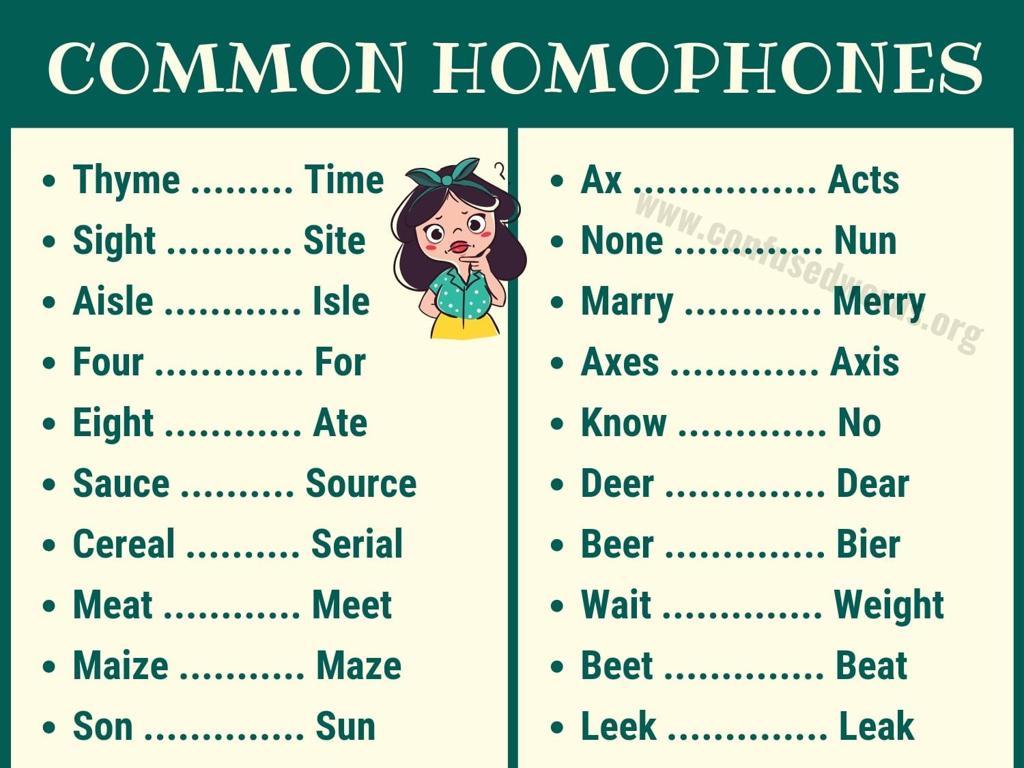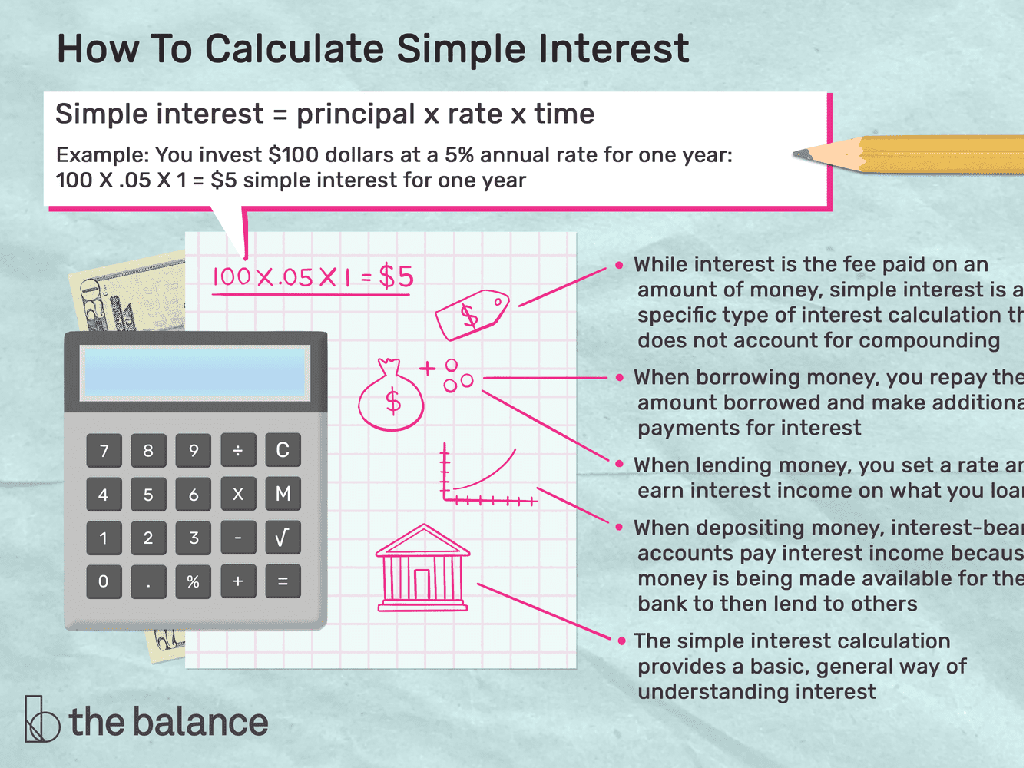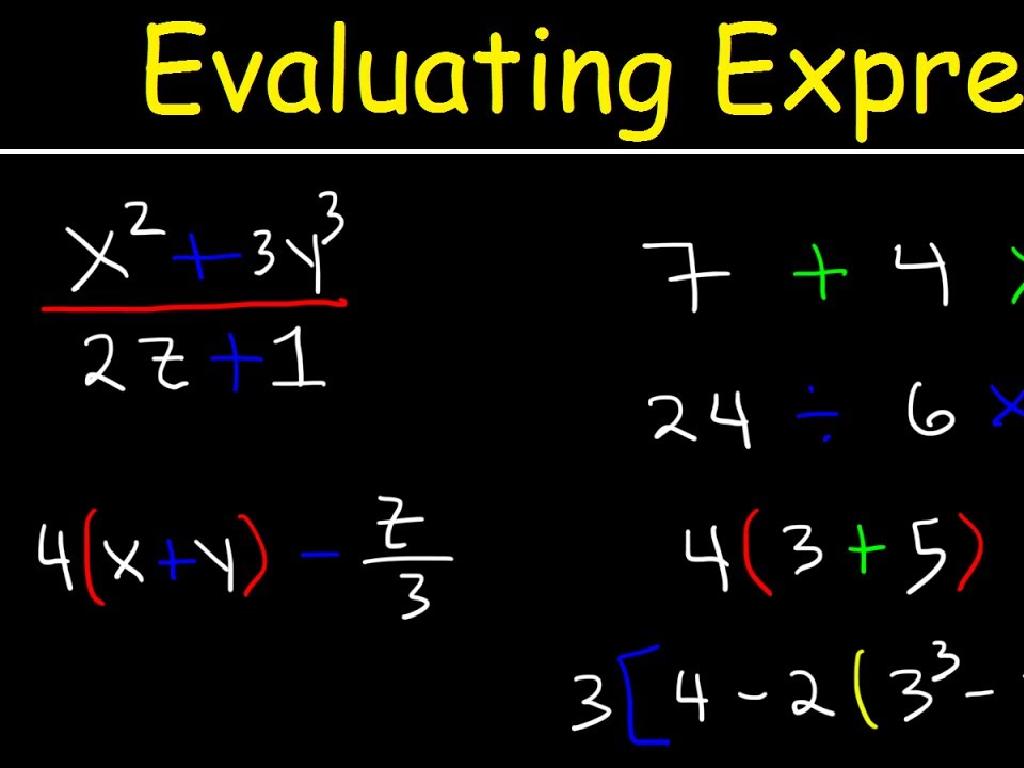Capitalize The Pronoun "I"
Subject: Language arts
Grade: Kindergarten
Topic: Capitalization
Please LOG IN to download the presentation. Access is available to registered users only.
View More Content
Welcome to Capitalization!
– Learning about big & small letters
– When to use big letter ‘I’
– Always use ‘I’ when talking about yourself
– Discovering capitalization rules
– ‘I’ is big in sentences, like ‘I am happy.’
– Starting our capitalization adventure
|
This slide introduces kindergarteners to the concept of capitalization, focusing on the use of the pronoun ‘I’. Begin by explaining the difference between big (uppercase) and small (lowercase) letters. Emphasize that ‘I’ is always big when we talk about ourselves, regardless of where it is in a sentence. Use simple sentences to illustrate this point, such as ‘I like to play.’ and ‘When I go to the park, I see birds.’ Engage the students by asking them to share sentences about themselves using ‘I’. This will help them understand the importance of capitalizing ‘I’ and give them a sense of personal connection to the lesson.
Learning to Use Big Letters: Capitalization
– What is capitalization?
– Capitalization means using big letters
– Big letters start sentences
– Like ‘The dog is brown.’
– Names need big letters
– Like ‘Sally’ and ‘New York’
– ‘I’ is a special word
– Always write ‘I’ with a big letter
|
This slide introduces the concept of capitalization to Kindergarten students. Capitalization is explained as the use of big letters, which is a concept they can easily understand. Emphasize that every sentence starts with a big letter and that names of people and places are special because they also start with big letters. Highlight the importance of the pronoun ‘I’ always being written with a big letter, regardless of its place in a sentence. Use visual aids like flashcards with capitalized letters and names to reinforce the concept. Engage the students by asking them to point out big letters in a sentence and practice writing their names with capital letters.
Meet the Letter ‘I’: Standing Tall
– ‘I’ is special and stands tall
– Just like ‘I’ in the alphabet, always write it tall and proud.
– Use big ‘I’ for talking about yourself
– Whenever you say ‘I’, like ‘I am happy’, write it with a capital ‘I’.
– ‘I’ is like saying your own name
– Using ‘I’ is like using your name. It’s important and unique to you!
|
This slide introduces the concept of capitalization using the pronoun ‘I’. Emphasize to the students that ‘I’ is always written in its uppercase form because it represents the individual and is therefore given importance. Compare it to the way they write their own names with a capital letter to show respect and significance. Engage the students by asking them to write ‘I’ on the board or on paper and practice using it in simple sentences that describe themselves. This will help them understand the personal connection to the letter and its unique role in writing.
Capitalizing ‘I’ in Sentences
– Use ‘I’ with ‘am’, ‘can’, ‘will’, ‘have’
– Always use big ‘I’ for yourself
– Example: ‘I like to play.’
– When talking about what you enjoy.
– Example: ‘I have a red ball.’
– When you’re telling what you own.
|
This slide is aimed at teaching Kindergarten students the importance of using the capital ‘I’ when referring to themselves. It’s crucial to emphasize the use of a capital ‘I’ in conjunction with verbs like ‘am’, ‘can’, ‘will’, and ‘have’. Reinforce the rule that ‘I’ is always big when they talk about themselves. Provide clear examples such as ‘I like to play.’ and ‘I have a red ball.’ to illustrate this concept. During the lesson, encourage the children to come up with their own sentences using ‘I’ and to draw attention to the capitalization. This will help them remember to always use a capital ‘I’ when writing about themselves.
Let’s Practice Capitalization Together!
– ‘i am happy.’ needs a fix
– It should be ‘I am happy.’ with a capital ‘I’
– ‘do i get a sticker?’ needs a correction
– Correct it to ‘Do I get a sticker?’ with ‘I’ capitalized
|
This slide is an interactive class activity designed to help Kindergarten students practice the capitalization of the pronoun ‘I’. Start by reading the incorrect sentences aloud and then ask the students how they might fix them. Guide them to notice that ‘I’ is not capitalized and should be in both sentences. After correcting the sentences together, encourage the students to come up with their own sentences using ‘I’. You can also have them write sentences on the board, draw pictures of themselves doing something they like and label it with ‘I am…’, or find and circle the letter ‘I’ in a printed paragraph. These activities will reinforce the concept of capitalizing ‘I’ in a fun and engaging way.
Activity Time: Using Big ‘I’ in Sentences
– It’s your turn to practice writing!
– Write sentences about yourself
– Start with ‘I am’, ‘I like’, or ‘I can’
– Always use big ‘I’ for yourself
– Remember, ‘I’ is always uppercase when talking about yourself
– Share your sentences with friends
|
This activity is designed to reinforce the concept of capitalizing the pronoun ‘I’. Encourage the children to think about things they enjoy or like to do, and to write simple sentences starting with ‘I am’, ‘I like’, or ‘I can’. Remind them that ‘I’ is always a big letter when they talk about themselves. After writing, create a sharing circle where each child can proudly read their sentence out loud. This will help them understand the importance of ‘I’ and give them confidence in writing. Possible activities could include drawing a picture to accompany their sentence, pairing up to read to a friend, or even creating a classroom book of their sentences.
Great Job on Capitalization!
– Always use big ‘I’ for yourself
– When I talk about me, I use ‘I’
– Check sentences for big ‘I’
– Look for ‘I’ in your writing and make it big
– You’re capitalization experts!
– Now you know when to use big ‘I’
– Keep practicing big ‘I’
|
Congratulations to the class for mastering the use of the capital ‘I’ in sentences. It’s important to reinforce the rule that ‘I’ is always capitalized when referring to oneself, regardless of its position in a sentence. Encourage the children to always look for the pronoun ‘I’ when they’re writing and check if it’s a big ‘I’. Celebrate their understanding of this concept by calling them ‘capitalization experts’ and motivate them to keep practicing. You can create a wall of sentences where students can pin up sentences they’ve written that correctly use the capital ‘I’.






